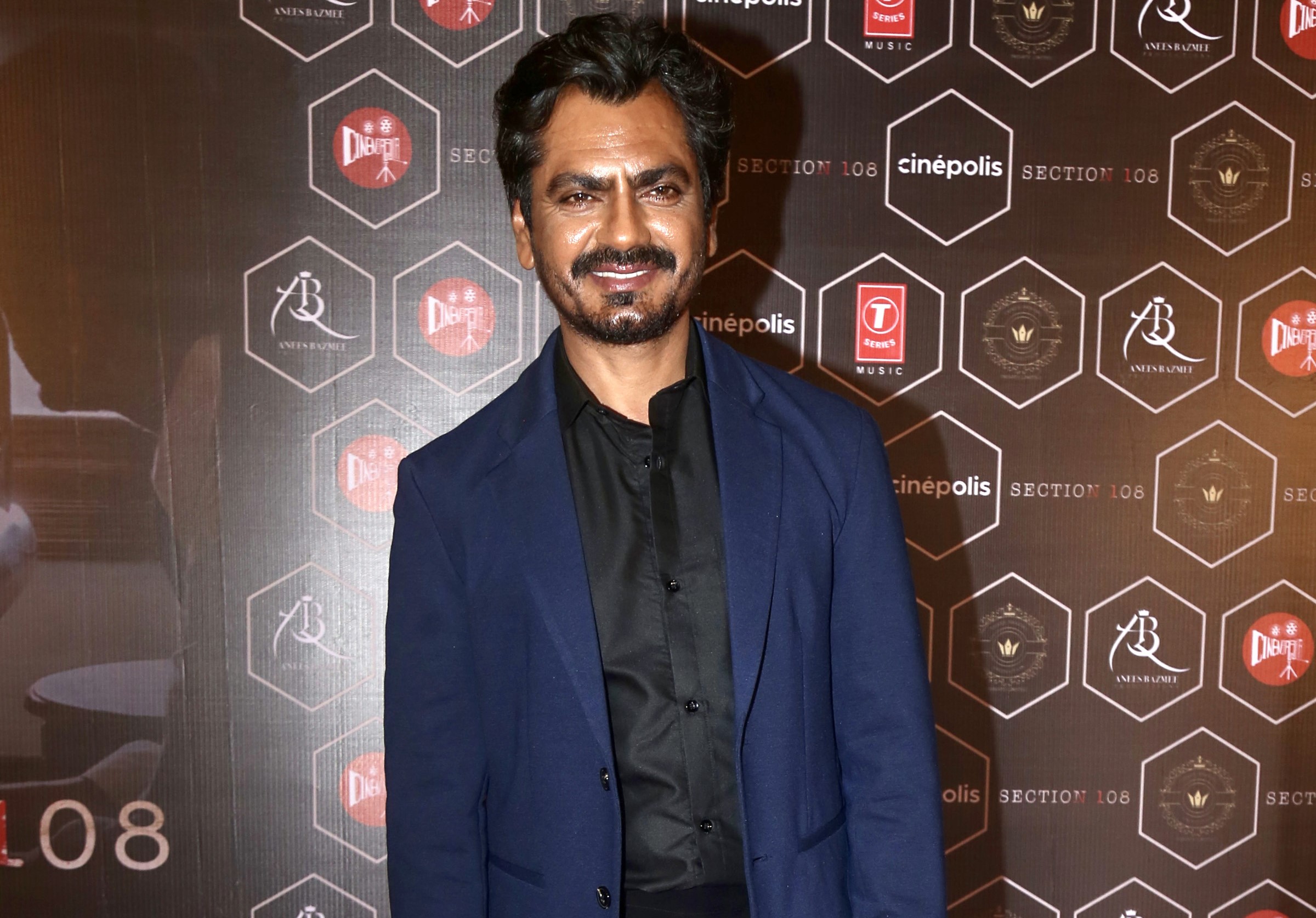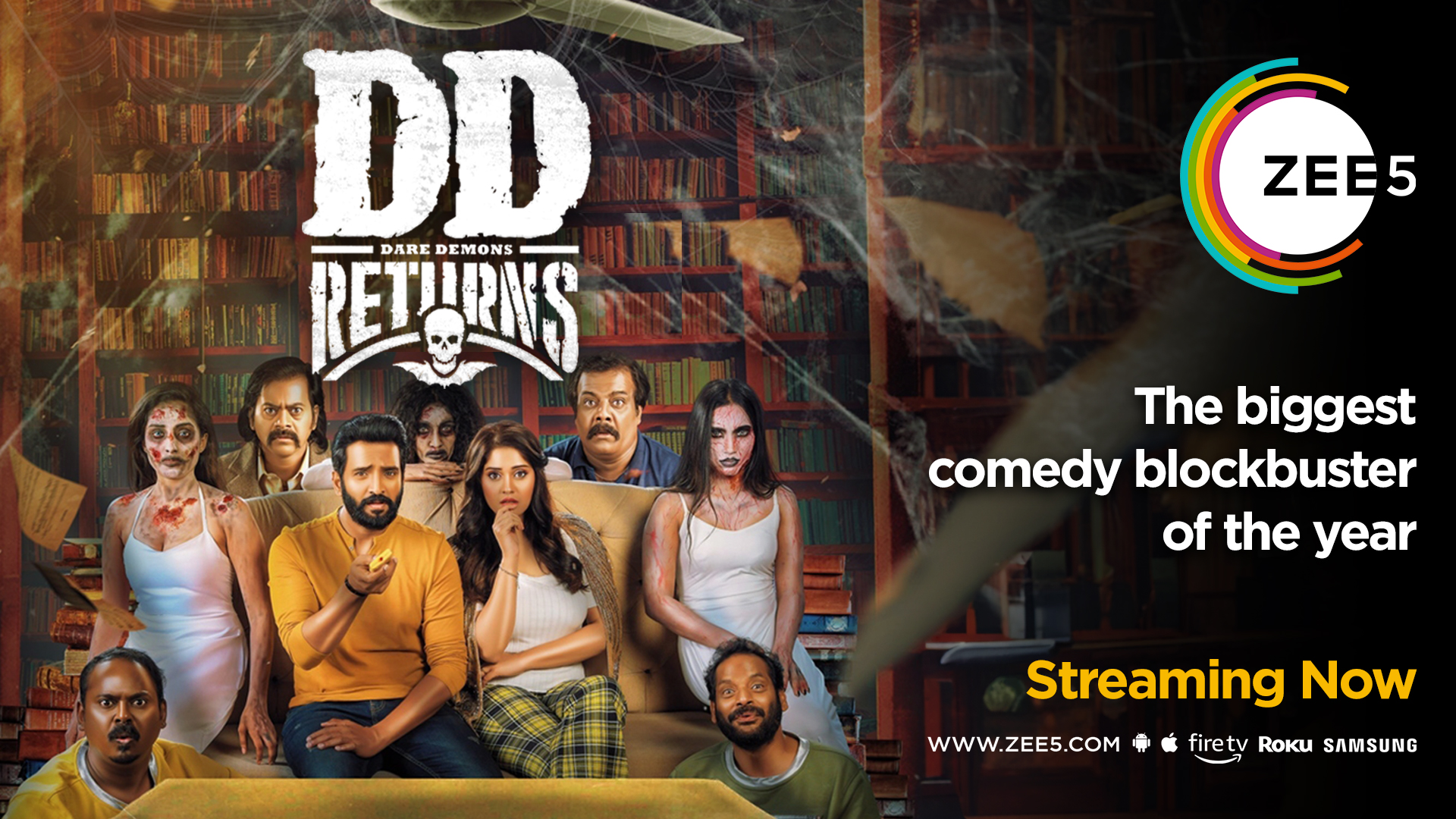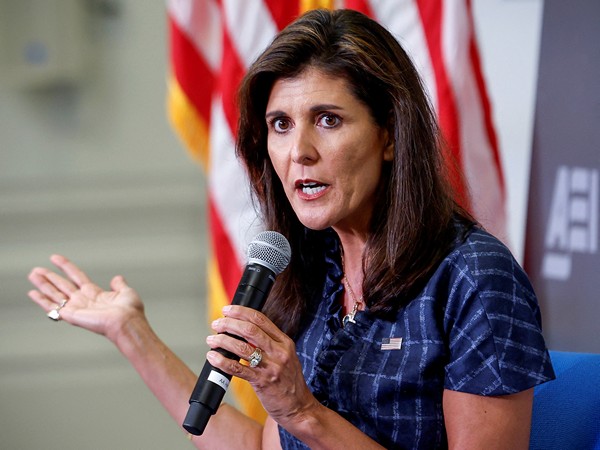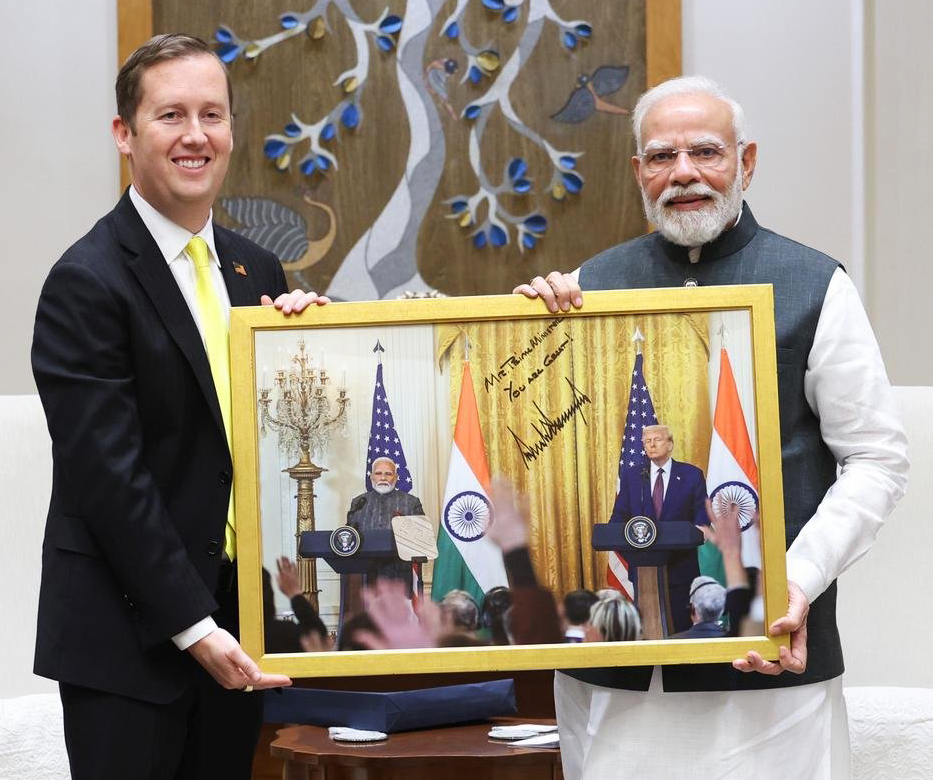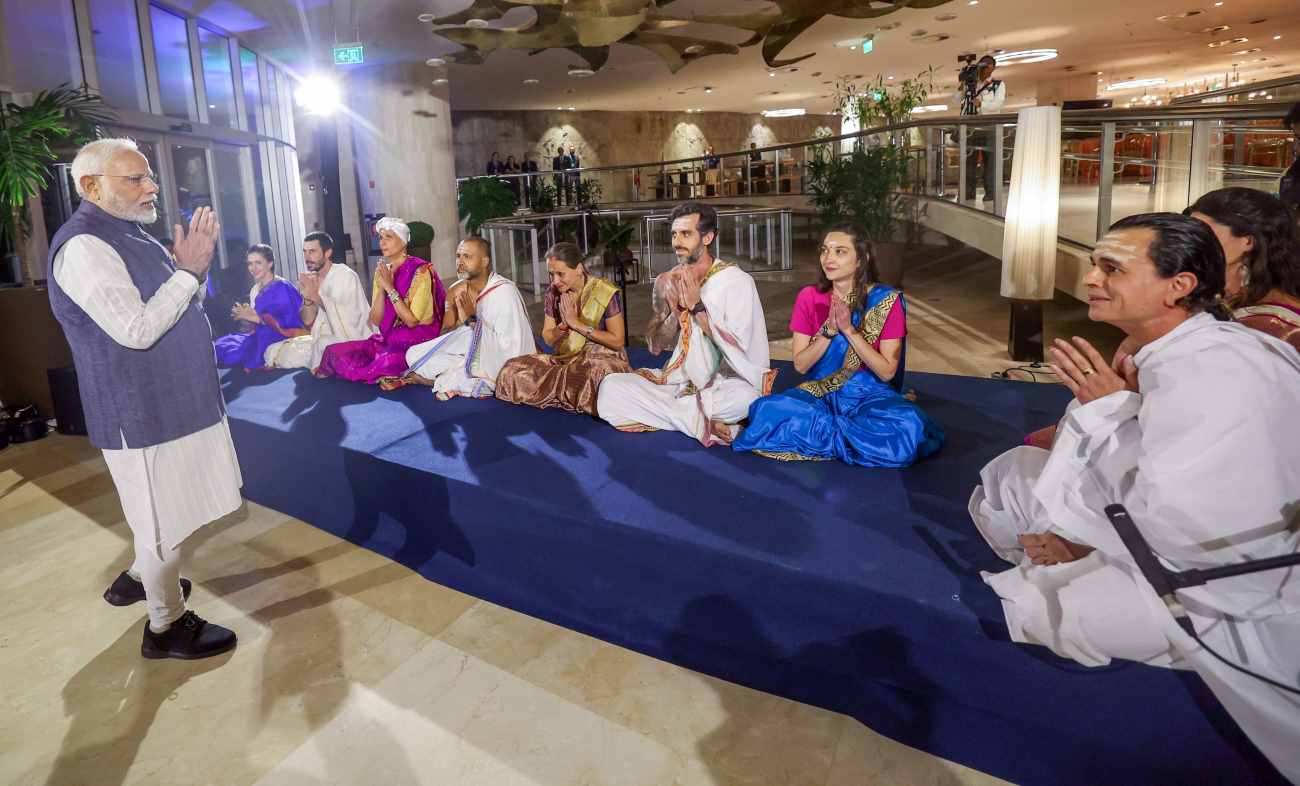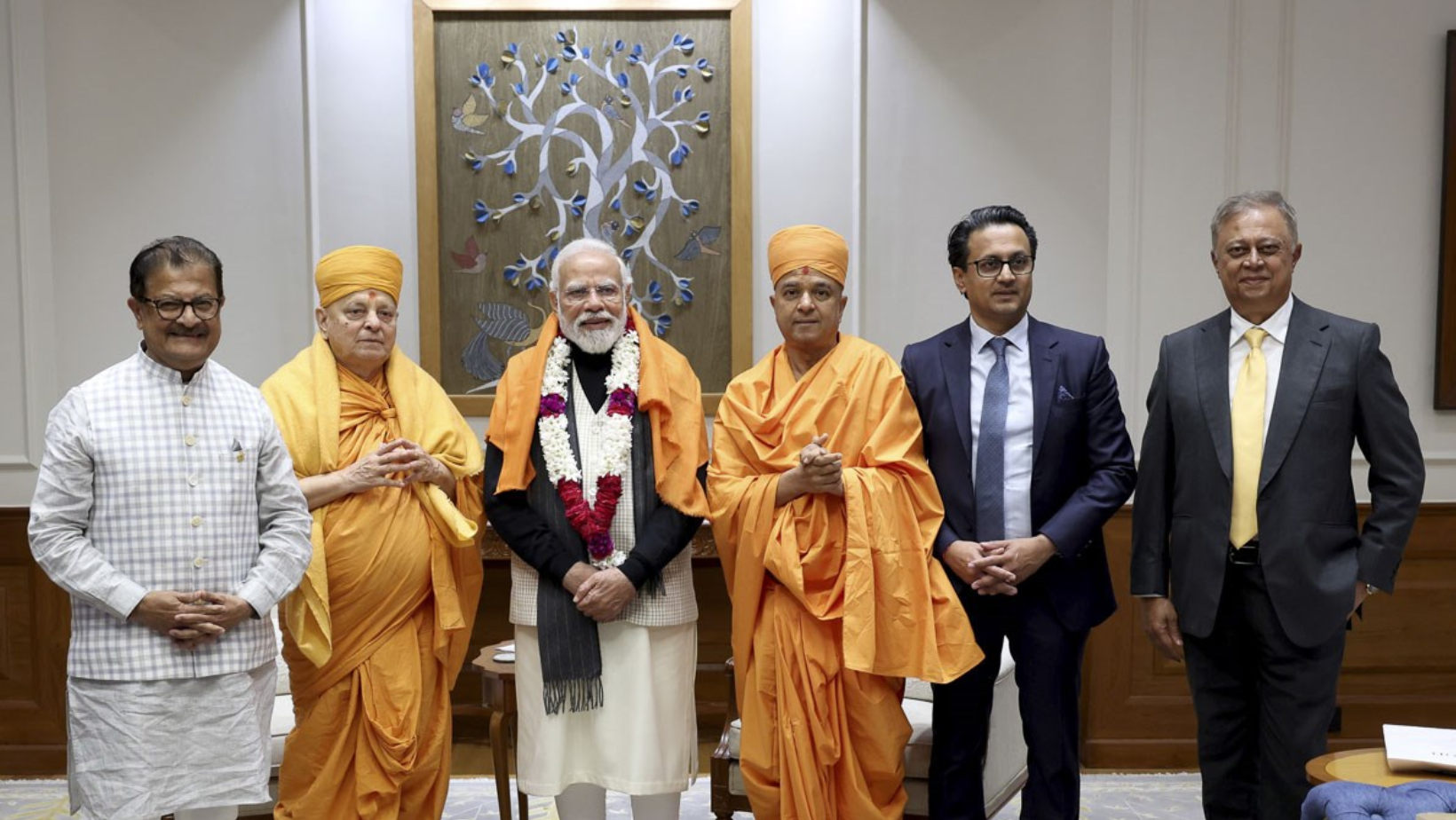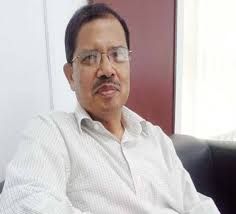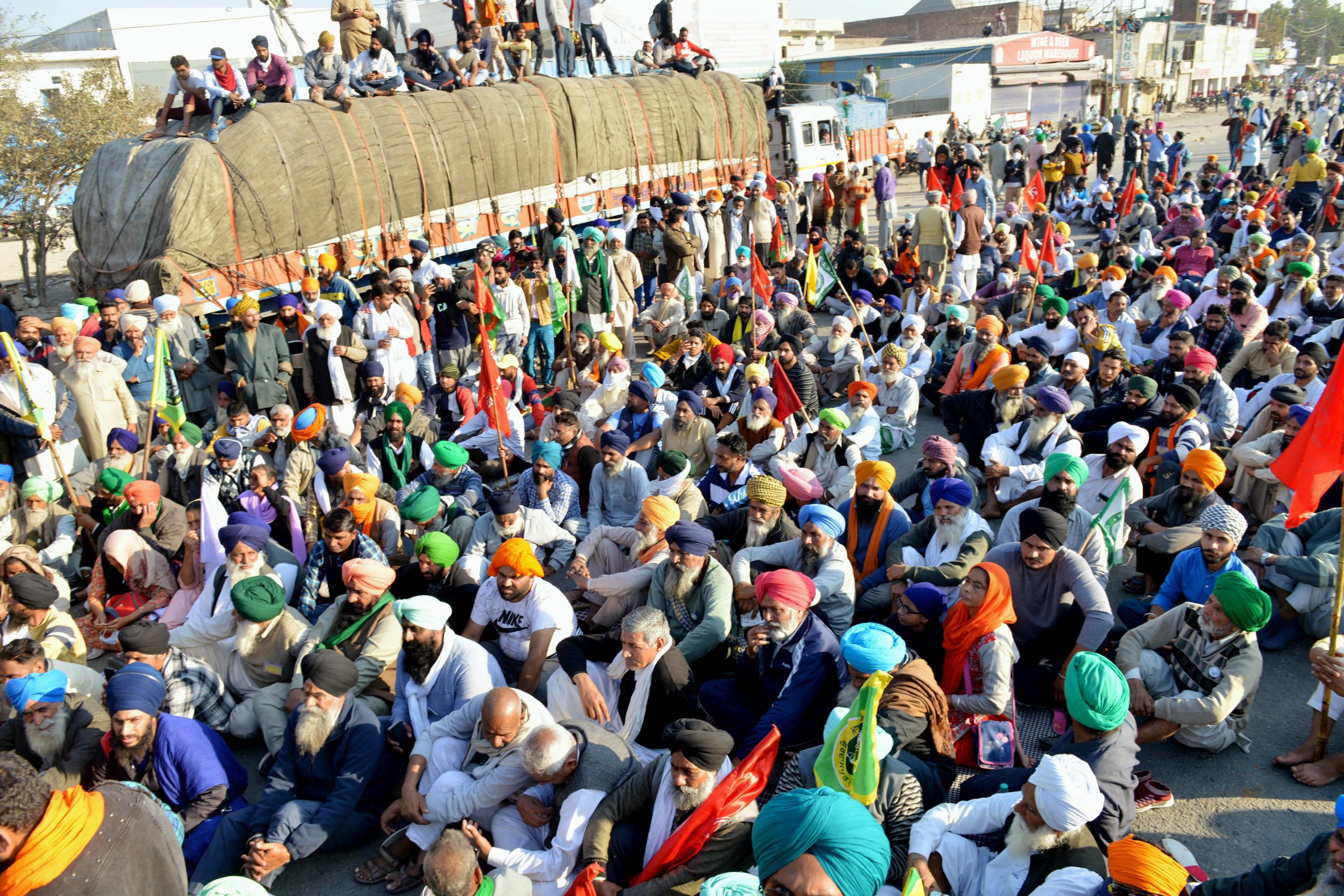Nawazuddin is known for his roles in ‘Gangs of Wasseypur’, ‘The Lunchbox’, ‘Raman Raghav 2.0’, and ‘Manto’, among others. He has won numerous awards, including a National Film Award and a Filmfare Award
Our Bureau
Mumbai
Touted to be a cult classic by the audience and critics alike, ‘Gangs of Wasseypur’, the two parts-movie became a breakthrough point for Nawazuddin Siddiqui. With his role as the protagonist Faisal Khan, he stole everyone’s attention. To date, his fans don’t leave a chance to praise him for his powerful performance in ‘Gangs of Wasseypur’.
As the film re-released in theatres after 12 years, Nawazuddin took a stroll down memory lane and recalled working in crime drama.
Nawazuddin Siddiqui needs no introduction. The actor can transform himself into any character and has earned a special place in the audience’s hearts with his work. Nawazuddin’s character Ganesh Gaitonde from ‘Sacred Games’ became extremely popular, and who can forget his iconic dialogue in the series, ‘Kabhi Kabhi lagta hai ki apun hi Bhagwan hai’.
Nawazuddin was part of both seasons of Sacred Games, but for him, season 1 will always hold a special place. In a conversation, he shared his preference for season 1 and why he thinks season 2 was not as successful as the previous one and didn’t connect with the audience.
Nawazuddin is known for his roles in ‘Gangs of Wasseypur’, ‘The Lunchbox’, ‘Raman Raghav 2.0’, and ‘Manto’, among others. He has won numerous awards, including a National Film Award and a Filmfare Award.
Nawazuddin Siddiqui believes market forces play a vital role in the film industry. Nawazuddin revealed how he finds the market forces in the industry “unfair”. “They are unfair (market forces). There are two types of actors, one for the industry and one for the public. The films of the actors for the public are not reaching the people. On the other hand, the films of the other actors are being released in 5,000 theatres irrespective of whether the audience likes them or not…,” he said.
He also opened up on factors that play a vital role in making the projects commercially successful. “Commercial success depends on a lot of factors… There is not one person involved..there is publicity marketing, screening count and more… Sometimes we don’t get enough screenings… Humari films 200-300 pe khatam hojati hai …uske shows subah hote hai aur raat mein hote hai (Our films usually wrap up at around 200-300 [screenings]… they have shows in the morning and at night.)…So we will keep fighting throughout our lives to give more value to our films by increasing the theatre screenings,” Nawaz said.
“At least run our films in 5,000 theatres, or even run them in 3,000 theatres…Then judge me…Only then will you understand how much is our demand and how much is our supply,” he added.
The actor candidly pulled back the curtain on the world of film promotions, revealing the stark contrast between on-screen truth and off-screen illusions. Siddiqui opened up about telling lies while promoting films, even when one might feel conflicted about their quality.
“Yes, you have to do it,” adding, “When I am playing a character in front of the camera, I know that I have to stay true here. There I am doing the enactment of being true. This film is so good, amazing, this and that. You know how they sell things,” Siddiqui said, highlighting the nature of promotional tactics.
Discussing his approach to acting, Siddiqui also reflected on the unique opportunity that he thinks the camera provides to express genuine truths about his characters.
“This is the only place, where there is a camera in front of you, I feel that there is an opportunity. I have got the opportunity to speak the truth about my character. Nothing can be more beautiful than this. Because you can’t get it in real life, that’s why we are hungry. That I wish I could tell the truth about my character, whoever I am playing. I won’t get a chance later.”
However, Siddiqui acknowledged that once the camera is turned off, actors must confront a world where truth is often obscured by promotional and marketing strategies. “Absolutely, then I also come to the world of lies,” he admitted. The ‘Sacred Games’ actor further explained how criticism can sometimes arise from the disparity between the truth of a character and the reality of its promotion, stating, “Yes, it happens. Then one more lie is said on top of that.”
















